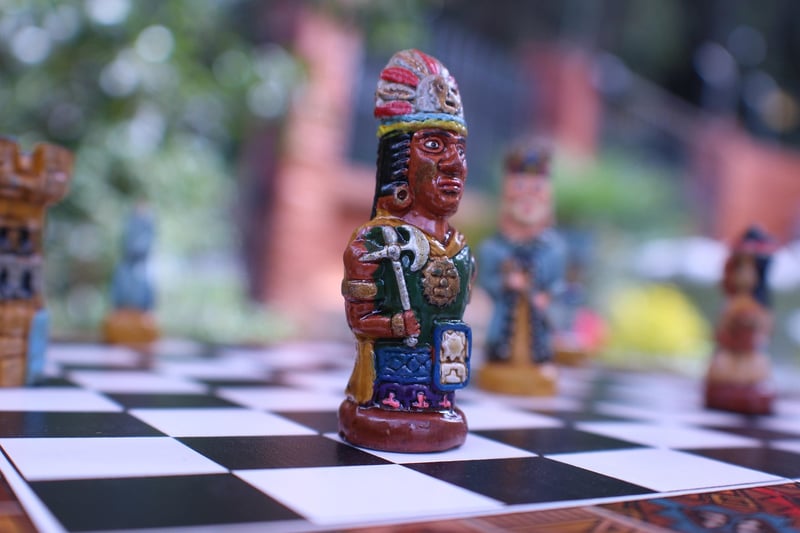Indigenous Plants
Exploring Unique Plant Species: Indigenous Plants
Indigenous plants are a vital part of our ecosystem, often boasting unique characteristics that set them apart from more common plant species. Let's delve into a few fascinating indigenous plants that are not only visually stunning but also play a crucial role in their respective habitats.
1. Welwitschia Mirabilis

The Welwitschia Mirabilis is a remarkable plant found in the Namib Desert. Known for its unusual appearance, with only two leaves that continuously grow throughout its lifespan, this plant can live for over a thousand years, making it a true marvel of nature.
2. Rafflesia Arnoldii

The Rafflesia Arnoldii is the world's largest flower, often referred to as the "corpse flower" due to its pungent odor resembling that of rotting flesh. This parasitic plant, native to Southeast Asia, can grow up to three feet in diameter and is a rare sight to behold.
3. Baobab Tree

The Baobab Tree, found in various regions of Africa, is known for its distinctive shape and massive trunk. These iconic trees can store thousands of liters of water in their swollen trunks, serving as essential water sources for both wildlife and humans in arid environments.
4. Dragon's Blood Tree

The Dragon's Blood Tree, native to the Socotra archipelago in Yemen, gets its name from the red resin it produces. This umbrella-shaped tree has a mystical appearance and is culturally significant, with its resin historically used for various purposes, including dyes and medicine.
5. Kangaroo Paw

The Kangaroo Paw, indigenous to Australia, features vibrant tubular flowers that resemble a kangaroo's paw. These unique flowers come in a range of colors and are well-adapted to attract native bird species for pollination, showcasing the intricate relationship between plants and wildlife.
Exploring these indigenous plants not only provides a glimpse into the diverse flora of our planet but also highlights the importance of preserving these unique species for future generations to appreciate and study.
Remember to admire and respect the beauty of indigenous plants wherever you encounter them, recognizing their value in maintaining ecological balance and biodiversity.
